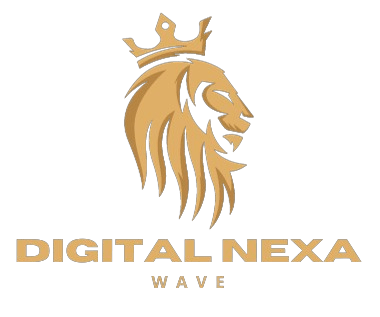Demystifying Digital Marketing – Guide to Online Success
Digital marketing encompasses a broad range of online activities aimed at promoting products, services, or brands. Unlike traditional marketing channels, digital marketing leverages the internet and electronic devices to reach a target audience. The goal is to create a strong online presence, engage with potential customers, and drive conversions.
Key Components of Digital Marketing:
Search Engine Optimization (SEO):
Web optimization is the workmanship and study of streamlining on the web content to work on its perceivability on web search tools. By utilizing applicable watchwords, making quality substance, and upgrading site structure, organizations mean to rank higher in web crawler results pages, drawing in natural rush hour gridlock.
Content Marketing:
Content is king in the digital realm. Content promoting includes making and circulating significant, important substance to draw in and connect with an ideal interest group. Blog posts, articles, videos, and infographics are common content marketing tools used to build brand authority and trust.
Social Media Marketing:
Social media platforms have become powerful marketing channels. Advertisers use stages like Facebook, Instagram, Twitter, and LinkedIn to associate with their crowd, share content, and construct brand mindfulness. Social media marketing also includes paid advertising options to reach a wider audience.
Email Marketing:
Despite the rise of other communication channels, email marketing remains a potent tool. Through targeted and personalized email campaigns, businesses can nurture leads, promote products, and build lasting relationships with their audience.
Pay-Per-Click (PPC) Advertising:
PPC advertising allows businesses to place ads on search engines and other online platforms. Publicists pay a charge each time their promotion is clicked, making it a financially savvy method for driving designated traffic to a site.
Analytics and Data Analysis:
Digital marketing relies heavily on data. Analyzing user behavior, engagement metrics, and conversion rates provides valuable insights. Marketers use these insights to refine strategies, optimize campaigns, and maximize return on investment (ROI).
The Importance of Digital Marketing:
Global Reach:
One of the biggest advantages of digital marketing is the ability to reach a global audience. With the internet connecting people worldwide, businesses can market their products or services beyond geographical boundaries.
Cost-Effectiveness:
Digital marketing often offers a more cost-effective alternative to traditional advertising. Small businesses can compete with larger counterparts by strategically utilizing digital channels within their budget.
Targeted Advertising:
Digital marketing allows for precise targeting. Promoters can fit their messages to explicit socioeconomics, interests, and ways of behaving, guaranteeing that their showcasing endeavors are contacting the most important crowd.
Real-Time Engagement:
Unlike traditional marketing, digital marketing enables real-time interaction. Brands can draw in their crowd through online entertainment remarks, messages, and texting, encouraging a feeling of the local area and brand unwaveringness.
